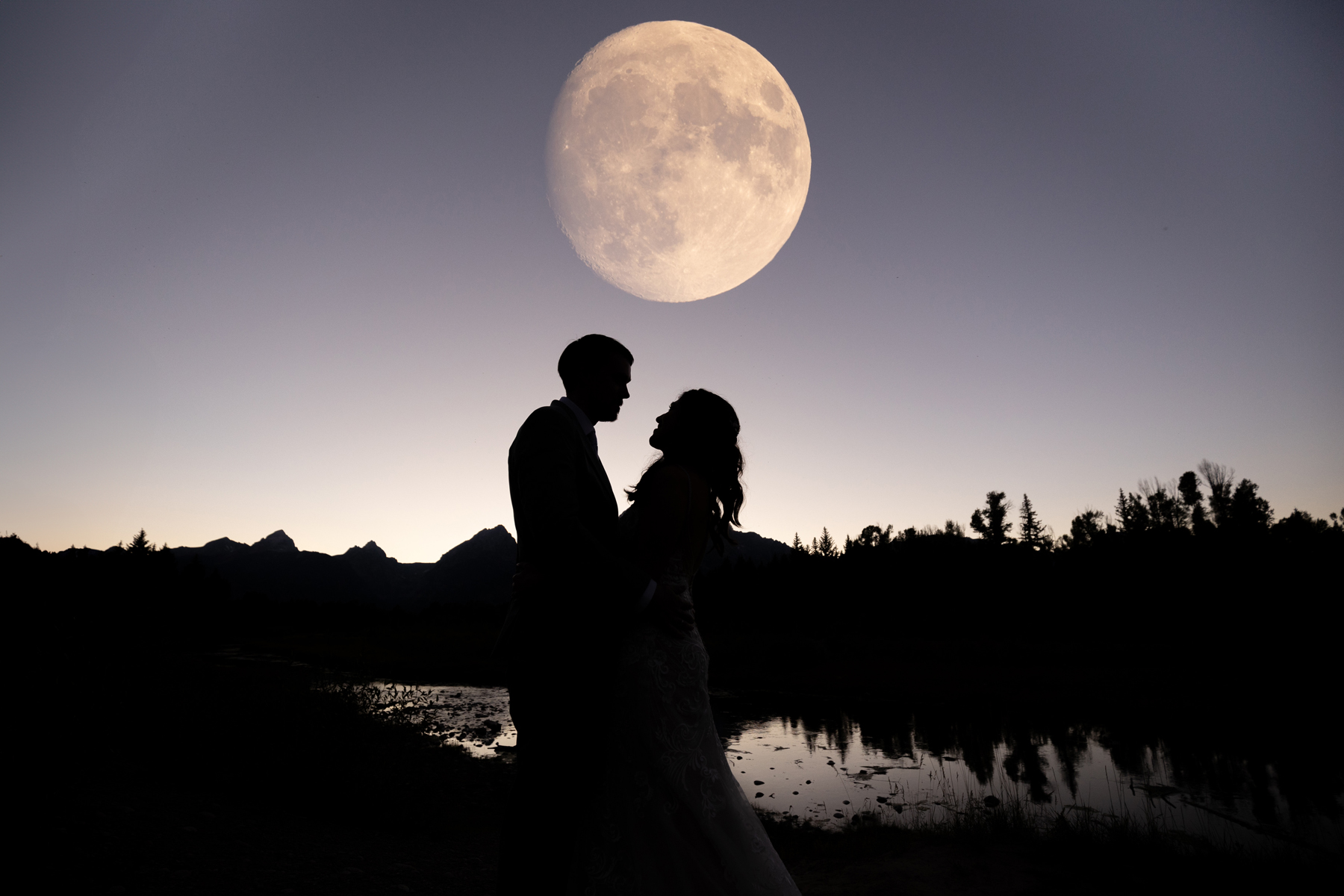Happily Ever After
Happily Ever After
(No license needed)

Words by Britney Magleby
In 2019, before the effects of COVID-19 played a role in the statistics, about 2.02 million weddings took place in the U.S. That was the lowest number in recent decades. Between 2011 and 2021, the marriage rate across the United States dropped 1.4 percent, according to the census. In the past 50 years, marriage rates have declined by almost 50 percent.
The numbers tell a story. Marriage is a choice, and fewer people are choosing it. More than ever before, couples are opting out of traditional weddings.
But they’re not opting out of love.
They’re opting into self-defined versions of “union,” reminding us that happiness doesn’t look the same for everyone.
The Celebration
“COVID started different types of celebrations,” explains photographer Diana Edlinger of Diana Edlinger Studios. “It’s very acceptable to have small weddings, micro weddings, and elopements.” This point remains true even for those celebrating an untraditional union.
Weddings are a celebration of love. And celebrating love can be accomplished in many ways, with or without the two-minute license signing that happens behind closed doors.
The average wedding in America in 2023 cost $29,000, according to CNN. A wedding in the Tetons could cost even more. It’s no surprise that saving money to build a desirable lifestyle, in lieu of a fancy wedding, may play a role in the decision making for some couples.
But in choosing a life “unmarried,” you don’t have to choose a life “uncelebrated.” Hosting a small, or large, celebration with friends and family in a place that’s meaningful to you is perfectly acceptable, even if you don’t sign on a dotted line.

The Blessing
A marriage blessed by a church, while holding no legal power, often represents a spiritual bond that many married couples deem unbreakable. However, as views on marriage have adapted over the years, so have views on spirituality. Religion can be found in several places and practices.
A couple’s unbreakable bond can be sanctified during a sunrise morning hike or with the silence of a synchronized breath during meditation. Many couples—married and unmarried—find peace and spirituality in couple’s counseling, as they get to know their loved one on a deeper level. When you work through the process with your partner by your side, spirituality is yours to define.
The Law
Neither Wyoming nor Idaho recognizes common law marriage. Therefore, regardless of the length of a relationship or the entwining of assets, non-married partners have no legal rights in the event of an emergency or death.
Many couples maintain long-term partnerships without putting much thought into this fact, but there’s a simple answer—intentionally plan, provide scrupulous documentation, and hire the right professionals to help.
“In this case, we would highly recommend our clients discuss estate planning needs with an estate planning attorney,” says local wealth management advisor Brendan McDermott, founding partner of Bison Wealth Management in Jackson, when discussing important legal documents such as a will. Of course, you can expect the best, but you should still plan for the worst. Obtaining a power of attorney and thoughtfully building a will ensures your legacy is passed on exactly as you intend.
Hiring the right professionals is essential to pulling off a gig that’s indicative of your relationship. Similarly, “those looking for the healthiest and most successful relationship or partnership benefit tremendously from working with a financial planner or coach that can help couples manage tricky issues, common pitfalls, and maximize opportunities,” says McDermott.

The Funds
With proper planning, unmarried couples have many of the same financial opportunities as married ones.
“When we’re [financial] planning, 99 percent is the same, whether you’re married or unmarried,” says McDermott. “Just like a married couple, an unmarried couple could choose to combine finances, or not combine finances, or anything in between … A lot of the same considerations go into pulling the right resources. How are you going to pay for retirement, kids, etc.?”
A few financial issues differ slightly, however, when it comes to spouses versus partners, such as social security, taxes, and debt. Surprisingly, these talking points don’t always swing in financial favor of legal marriage and can sometimes go either way. Regardless of status, understanding your financial goals as a couple, and having the documents in place to back it up, is vital to the health and wealth of a relationship.
“All the reasons we’d tell a married couple to get [their financial planning] done are magnified for unmarried couples, because you don’t have the legal rights that are instilled just by saying ‘I do’,” stresses McDermott.
The True Definition
As society shifts from antiquated views of “the perfect family,” it’s clear that love means more than perception. A family with love at the epicenter—no matter how far from the familial status quo it may be—is a happy family.
Unmarried couples nationwide continue to demonstrate ways to bring families together without stereotypical marriages. Locally, Ryan and Stacey—a couple in their early 30s—have chosen not to marry but are planning to buy a house and combine finances. Amy and John live together with their beautiful daughter Amelia and their active dog Bear (and there’s no ring on either of their fingers.) And Rose Marie and Dean—each with children and grandchildren of their own—have had a happy partnership for over 25 years without a filed marriage license.
Despite snide remarks at the family Christmas party, choosing not to marry is acceptable, common, freeing, and joyful. Building a life together, unmarried, is possible, and “forever partners” are no worse off than husbands and wives. Most importantly, choosing not to marry does not mean choosing not to love. This type of love story can also have a fairytale ending.

